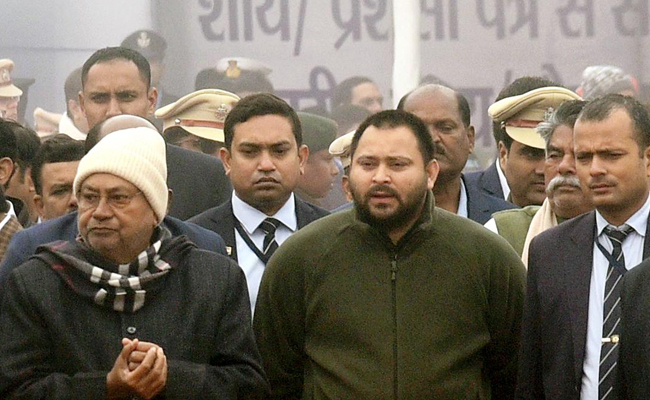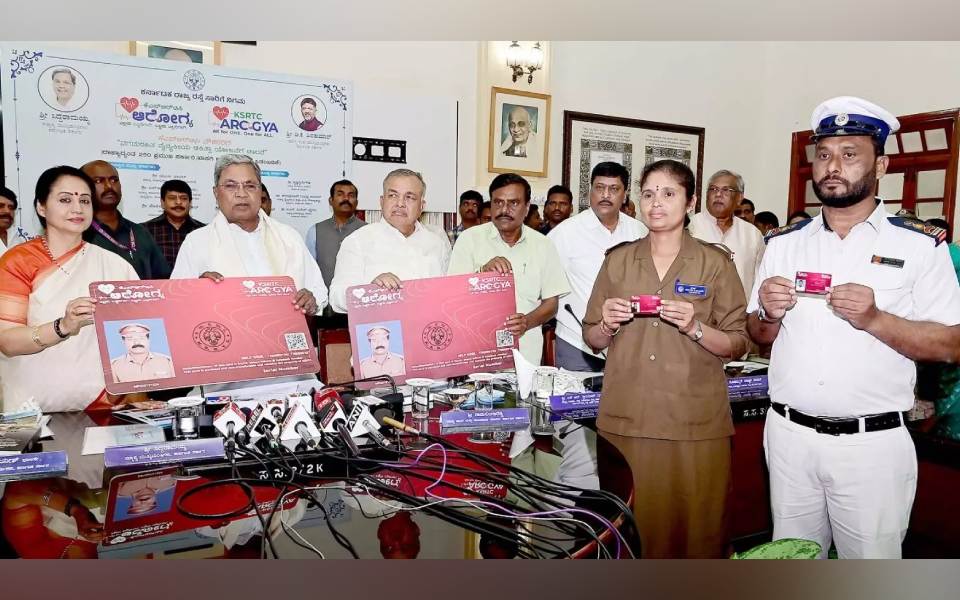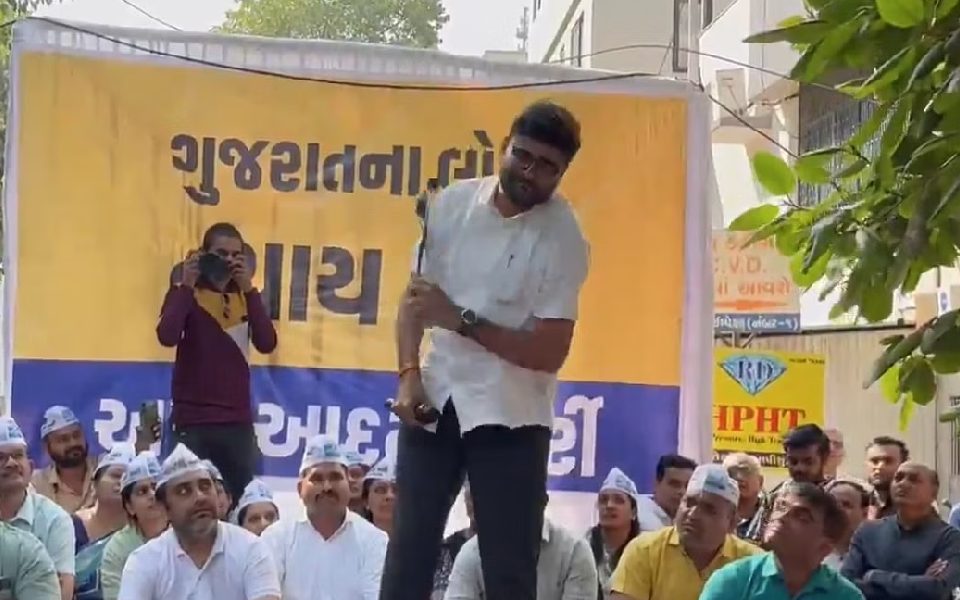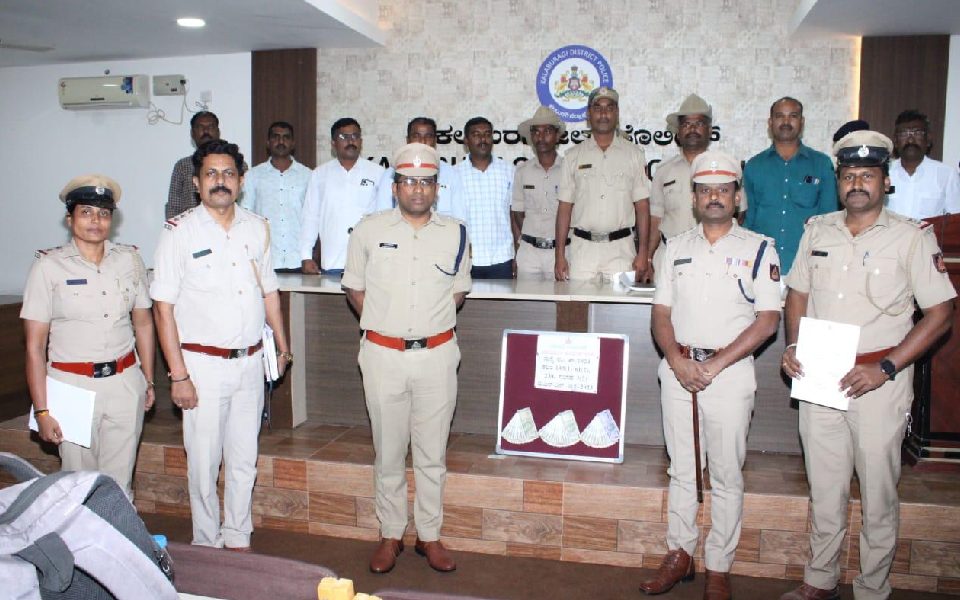New York (PTI): Billionaire tech magnate Elon Musk has said it is "absurd" that India does not have a permanent seat on the UN Security Council despite being the most populous country on Earth, as he called for an overhaul of the United Nations organs.
The remarks by Tesla CEO came after UN Secretary-General Antonio Guterres raised concerns about the absence of any African nation from the list of permanent members of the UNSC.
"How can we accept that Africa still lacks a single Permanent Member in the Security Council?"
"Institutions must reflect today's world, not that of 80 years ago. September's Summit of the Future will be an opportunity to consider global governance reforms & re-build trust," Guterres wrote on X, which is owned by Musk.
Responding to Guterres' post, Michael Eisenberg, a US-born Israeli venture capitalist, raised the issue of India's representation.
Musk also jumped into the debate and said that the current structure of the UN does not adequately represent the world's most populous nations.
"At some point, there needs to be a revision of the UN bodies," he said.
"The problem is that those with excess power don't want to give it up. India not having a permanent seat on the Security Council, despite being the most populous country on Earth, is absurd," Musk, 52, said in his response on X.
India has been at the forefront of years-long efforts to reform the Security Council, saying it rightly deserves a place as a permanent member at the UN high table, which in its current form does not represent the geo-political realities of the 21st Century.
Currently, the UNSC has five permanent members - China, France, Russia, the UK and the US. Only a permanent member has the power to veto any substantive resolution.
Let the Truth be known. If you read VB and like VB, please be a VB Supporter and Help us deliver the Truth to one and all.
Kochi, Jan 6: Human remains, including a skull and bones, were found inside an abandoned house near Chottanikkara in Ernakulam district on Monday, police said.





